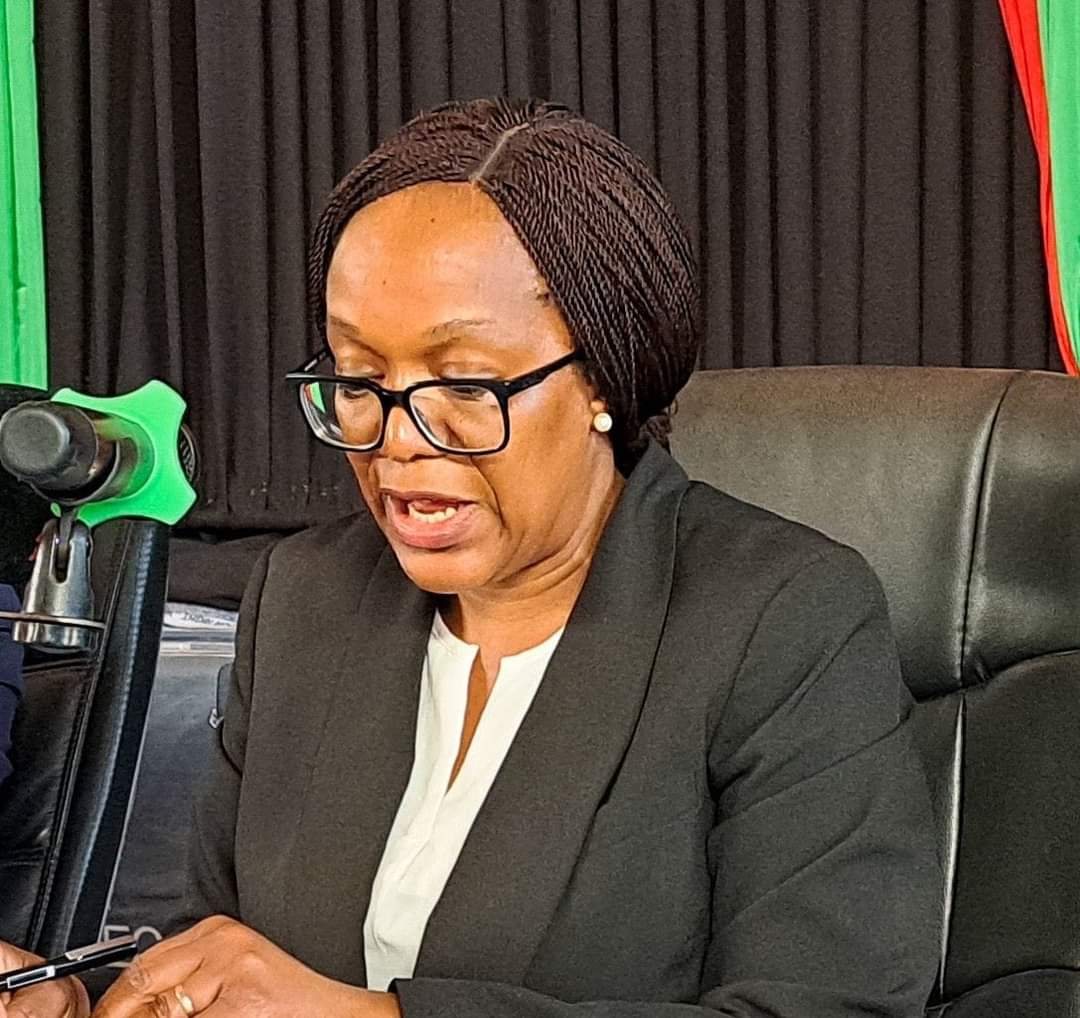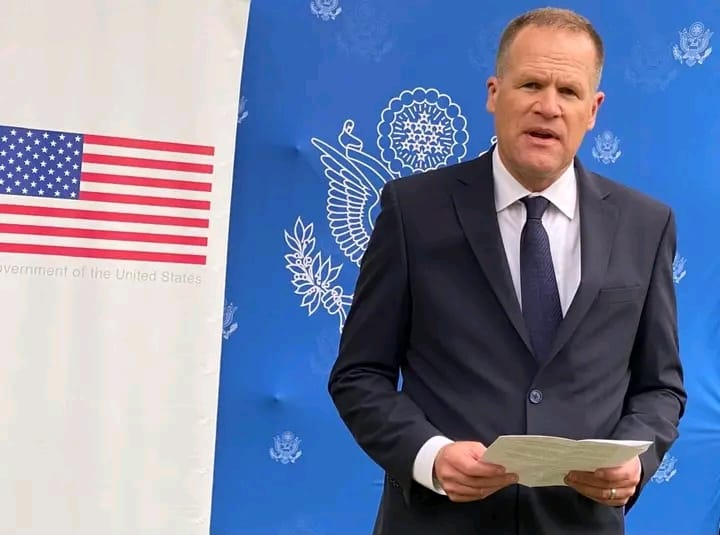By a senior citizen of Malawi
In a bold and unequivocal communication addressed to the Chairperson of the Malawi Electoral Commission (MEC), a senior citizen of Malawi has issued a firm reminder about the sacred constitutional duty of the Commission to uphold free, fair, and transparent elections. This direct and passionate appeal is not just a critique of MEC’s current conduct but a constitutional and civic wake-up call to those entrusted with safeguarding the electoral process.
The citizen begins by reinforcing a fundamental democratic truth: the sovereign right to elect leaders lies exclusively with the people of Malawi. The role of MEC, as the letter clearly outlines, is not one of dominance but of service. MEC is not the decider of leadership—it is merely the facilitator of a process that belongs wholly to the electorate. In that role, the Commission is duty-bound to maintain neutrality, transparency, and strict adherence to constitutional dictates.
With urgency, the letter expresses deep concern about what is perceived as recent behavior by MEC leadership that borders on partisanship, procedural lapses, or outright negligence. Such conduct, the author argues, not only threatens public trust but undermines the very foundations of democratic governance. The MEC, the letter insists, must not forget its primary allegiance is neither to politicians nor to any external influence—it is to the Constitution and to the people of Malawi.
To fortify the argument, the author cites three critical constitutional provisions:
Section 6 of the Constitution states that all legal and political authority originates from the people and must serve their interests.
Section 76(2) mandates that MEC ensures all elections are conducted freely and fairly, in line with the law and democratic principles.
Section 77(1) guarantees every Malawian the right to vote and to stand for elective office, a right that must be facilitated—not frustrated—by MEC.
This legal foundation serves as a powerful reminder that the Commission is not above the law. The author pointedly notes that even judicial status does not grant immunity from accountability. On the contrary, the current Chairperson’s legal background should serve as a beacon of independence and a staunch commitment to impartiality. The robe of justice should not be used to mask any form of partisanship or institutional capture.
The letter goes further to challenge all democratic stakeholders—political parties, civil society, the media, and international observers—to remain vigilant. The message is clear: democracy is not self-sustaining; it must be actively defended. Any attempts to rig, manipulate, or compromise the integrity of the electoral process must and will be met with legal and civic resistance, firmly grounded in the Constitution and the people’s collective will.
As the letter nears its end, its tone sharpens. It warns MEC, in no uncertain terms, that failure to deliver credible elections will result in grave consequences—legally, civilly, and politically. This is not a threat; it is a constitutional reality. Malawians, the author notes, are now more aware, engaged, and resolved than ever before. They will not stand by and allow their democratic rights to be hijacked.
The letter ends with a potent declaration: elections do not belong to MEC, and Malawi is not for sale. This closing statement encapsulates the core of the message—Malawi is a republic owned by its people, and its institutions exist solely to serve them, not to control them.
In a time when democratic values are being tested across the continent, this senior citizen’s message serves as a rallying cry for all Malawians to guard their democracy with vigilance and pride. The struggle for accountability is not just for the opposition, activists, or courts—it is a duty that belongs to every citizen.
Malawi must never forget: the ballot is sacred, and the people’s voice is supreme.




